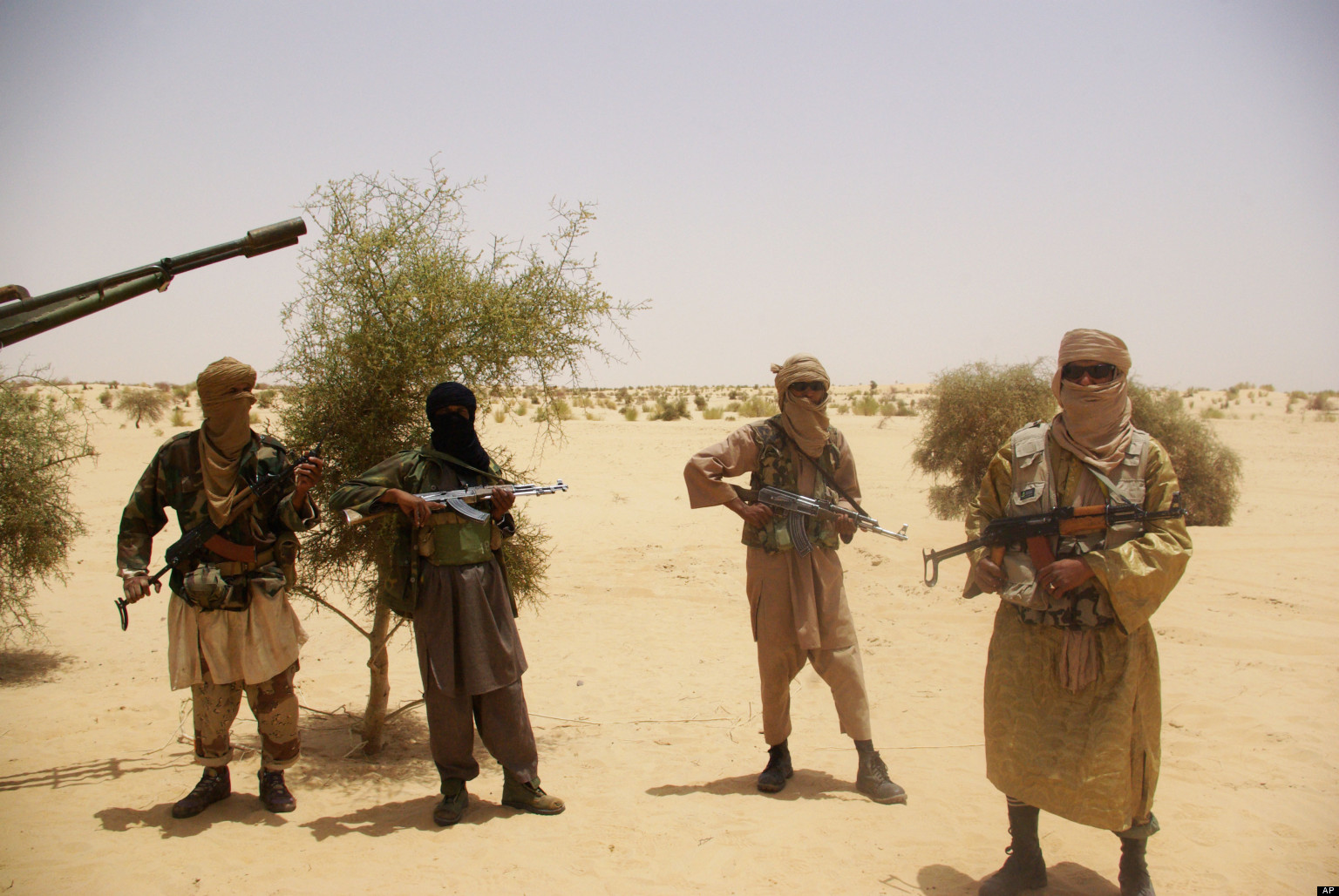Be Prepared: What You Need To Know About The Current Conflict In Iraq
Experts warn that if militants reach the capital city of Baghdad...
The Iraqi military is fending off waves of Islamic
fighters this week, with the city of Tikrit serving as the epicenter
Thursday of a fierce battle between national forces and militants.
According to Prime Minister Nouri al-Maliki, this is the most
significant threat posed by rebels associated with the Islamic State in
Iraq and the Levant (ISIL) and the Islamic State in Iraq and Syria
(ISIS) since the current government took control of the country. He has
requested an emergency response from parliament in an effort to mitigate
the destruction.
With Shiite Muslims in charge, those areas dominated by Sunnis are hotspots for clashes between the two groups. According to reports, fighters took over the city of Mosul this week before they were targeted by a raid by the Iraqi air force.
Three years removed from the region, the U.S. military has yet to get involved in the current discord. While there is little open discussion on the matter, one anonymous source explained Barack Obama has little interest in assisting in a war he unilaterally declared was finished.
Bloomberg noted that a peripheral effect of the regional violence is a spike in crude oil prices worldwide. Iraq, which is the second-largest oil producer among OPEC nations, has seen output stall at a Baiji plant that typically puts out more than 300,000 barrels per day.
According to Reuters, ISIL forces surrounded the refinery Thursday in addition to the aggression in Tikrit.
As for U.S. oil prices, reports indicate the price of a barrel hit a recent high of $106.53, which is the highest in nearly nine months. Experts warn that if militants reach the capital city of Baghdad and continue south, the impact could be even more severe.
Economist Jason Tuvey of Capital Economics Ltd. issued a report Thursday indicating that the majority of Iraq’s oil output originates in that region.
“Most of Iraq’s major oilfields are located in the south of the country,” he wrote, “far from where the current turmoil is taking place.”
With Shiite Muslims in charge, those areas dominated by Sunnis are hotspots for clashes between the two groups. According to reports, fighters took over the city of Mosul this week before they were targeted by a raid by the Iraqi air force.
Three years removed from the region, the U.S. military has yet to get involved in the current discord. While there is little open discussion on the matter, one anonymous source explained Barack Obama has little interest in assisting in a war he unilaterally declared was finished.
Bloomberg noted that a peripheral effect of the regional violence is a spike in crude oil prices worldwide. Iraq, which is the second-largest oil producer among OPEC nations, has seen output stall at a Baiji plant that typically puts out more than 300,000 barrels per day.
According to Reuters, ISIL forces surrounded the refinery Thursday in addition to the aggression in Tikrit.
As for U.S. oil prices, reports indicate the price of a barrel hit a recent high of $106.53, which is the highest in nearly nine months. Experts warn that if militants reach the capital city of Baghdad and continue south, the impact could be even more severe.
Economist Jason Tuvey of Capital Economics Ltd. issued a report Thursday indicating that the majority of Iraq’s oil output originates in that region.
“Most of Iraq’s major oilfields are located in the south of the country,” he wrote, “far from where the current turmoil is taking place.”
Read more at http://www.westernjournalism.com/islamist-attacks-surge-iraq-oil-prices-jump/#SYJs5CP1OP8vQPdf.99

No comments:
Post a Comment